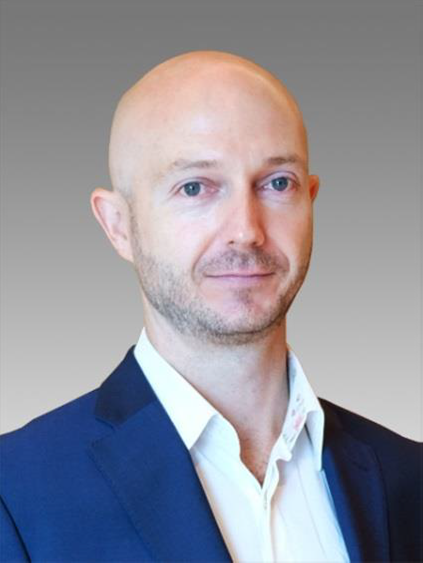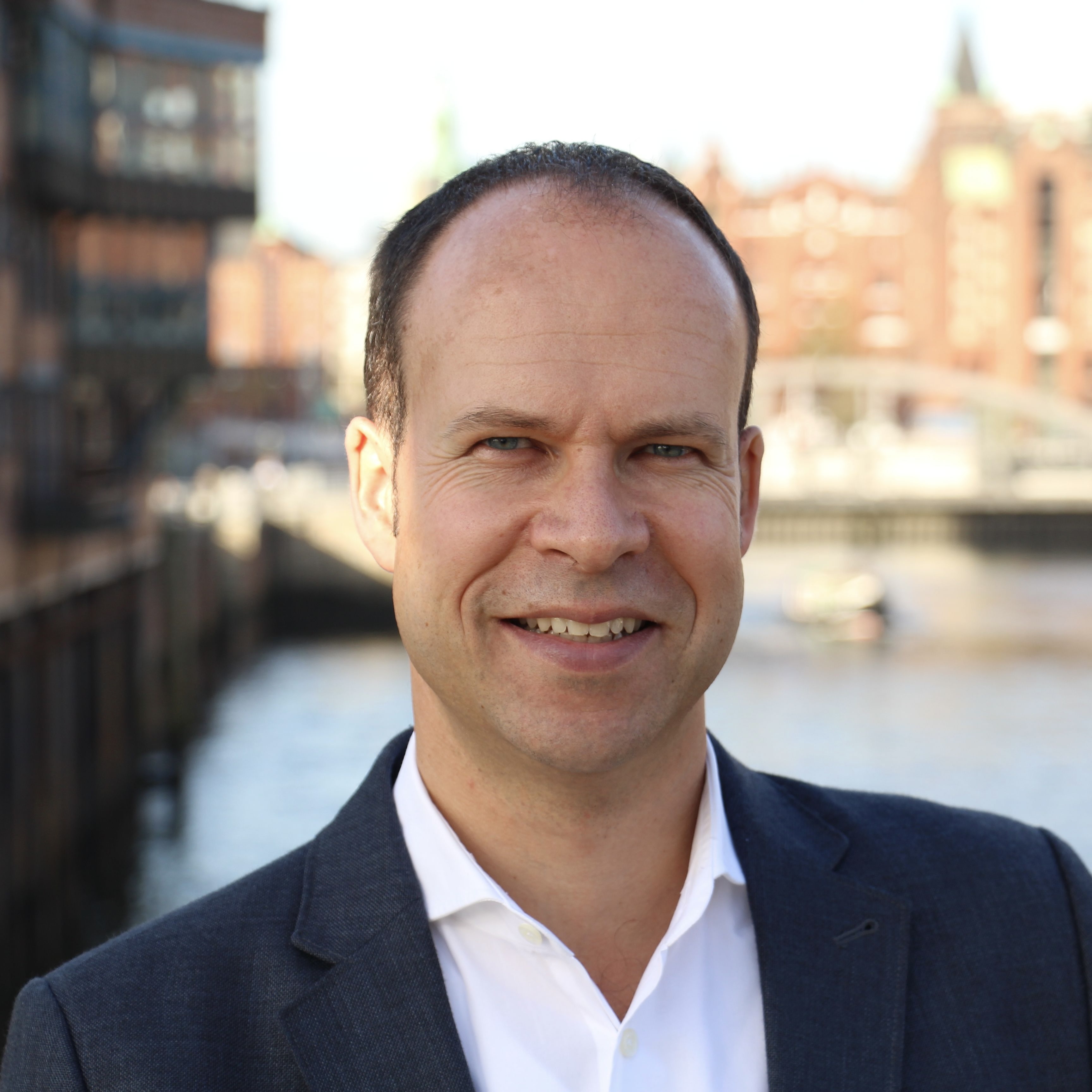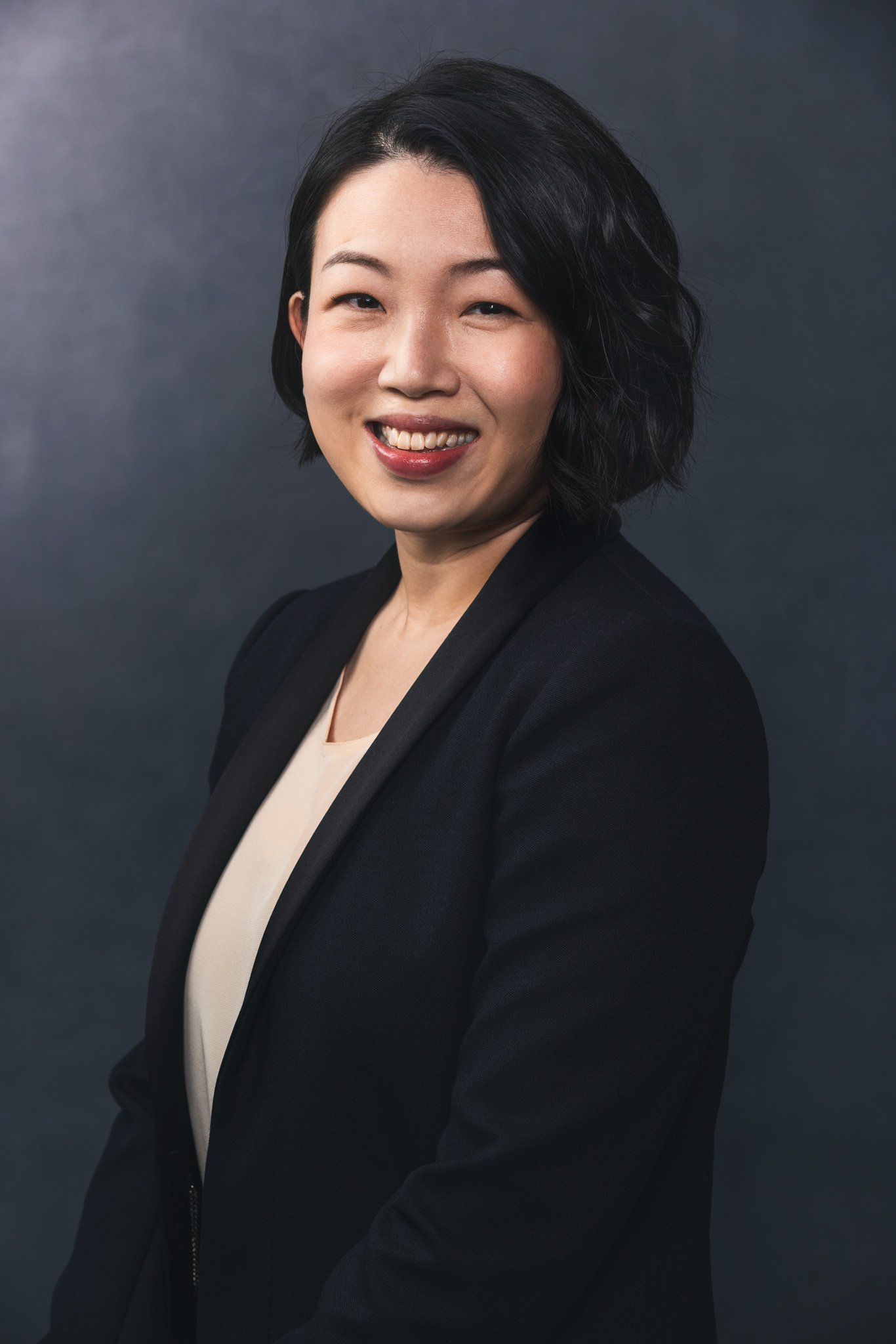Only through interacting with many people, in different spheres and circumstances, will you have the right conditions for opportunity to be presented to you.
Kieran White

Please tell us a fun fact about yourself?
I drove an auto rickshaw 4,500km from the bottom of India to the foot hills of the Himalayas for charity … and adventure!
Can you tell us a little more about your personal and professional career journey so far? How did you get to where you are today?
I left New Zealand almost immediately after finishing university and moved to Melbourne. My time there was mostly spent traveling and enjoying life, less focussed on my career.
After three years I moved to London where I lived for sixteen years, got married, started a family and started my professional career. I have worked at several banks with very different cultures, and a few years ago I decided to try yet another one, and moved to Singapore to start a new chapter.
In simple terms, my career and personal life have been driven by two things. The first is that whenever an opportunity has presented itself to me, my default response has always been “Yes”. I then work backwards from that position with an optimistic lens and only if the cons significantly outweigh the pros would I back out.
This optimism, self-belief and positive outlook has brought me to different roles, adventures, and parts of the world.
Saying “No” and playing it safe leads to a life with less opportunity.
The second driver is my network. I work on this consistently, as there is a direct link between the opportunities presented to you and the investment you make in building it. I look at my network in a molecular context. If I am an atom, the number of chain reaction events (good outcomes) is directly correlated to the amount of atomic energy I expend.
Only through interacting with many people, in different spheres and circumstances, will you have the right conditions for opportunity to be presented to you. In most circumstances they are totally unexpected outcomes, but if no energy is expended, the chain reaction will never materialise.
So, what made you decide to pursue the EMC, and why did you choose INSEAD?
I have always wanted to do a Masters, but I was never entirely sure about a traditional MBA. I work in banking and finance but the idea of studying finance again makes me break out in hives.
I work in a digital transformation role and have always been interested in the people puzzle linked to adoption of new technology and tools. I spoke with several friends of mine who have completed MBAs and all of them spoke about the Organisational Behaviour components as being the most interesting.
I thought, wouldn’t it be great to find a Masters which is really focused on the organisational aspects of transformation and change? The EMC was a perfect fit.
INSEAD is a fantastic institution, but when you also consider the calibre of the professors and course directors, wow! These people are some of the founders of the concepts and methodologies we study. Amazing really.
If you were to describe your experience so far on the programme, what would it be? How would you describe your classmates, the courses, the professors?
My experience has been mind-expanding. It’s like joining the Marines, we have been broken down so that we can be built up again.
Each module builds on the last and our toolkit is growing. There have been many personal and professional “aha!” moments and there will be many more to come.
The classmates are very diverse, as you would expect from an institution like INSEAD. The group is incredibly supportive of each other which enhances the learning process. We spend a lot of time discussing and raising sensitive personal and professional topics, which is only possible through the facilitation of the professors, the establishment of a safe space, and the degree of willingness to engage displayed by my classmates.
It’s been an honour to be privy to these discussions and it builds a deep connection that can’t be overstated.
Has the EMC helped you in your career so far?
Absolutely. Firstly, it has helped me understand many of the ways in which I behave, the patterns I display personally in the office that are good and bad. It also has allowed me to better understand the same within my organisation and with those around me.
The EMC is allowing me to reflect and assess how I want to be, how I would like others to be, how I impact the organisation and how it affects me. There’s a personal and professional transformation happening which is exciting.
Do you foresee the EMC changing your perspectives or outlook towards life?
It already has. You need to understand yourself before you can truly attempt to understand others. The EMC provides a toolkit that can be used to build your self-awareness.
I practice a lot of what I have learnt with my children and with my wife. 'Stepping on to the balcony' is a phrase used a lot in the course. The concept implies that you take time to reflect, to pause and to attempt to understand what is happening in that moment. Slow things down and put yourself alongside the other.
'Striking while the iron is cold' is another phrase I love. When you take more time, exercise impulse control and be more empathic, you get better outcomes.
What advice would you give to someone who might be interested in pursuing an INSEAD Masters programme?
The best advertisement for the EMC is talking to people like me, people on the course and alumni.
Try and seek these people out, come to sessions where INSEAD introduces you to these people. Every person I know who has completed the EMC or doing the EMC has a fascinating story to tell. If you are ready to tell your story, then you are ready to start the EMC.




